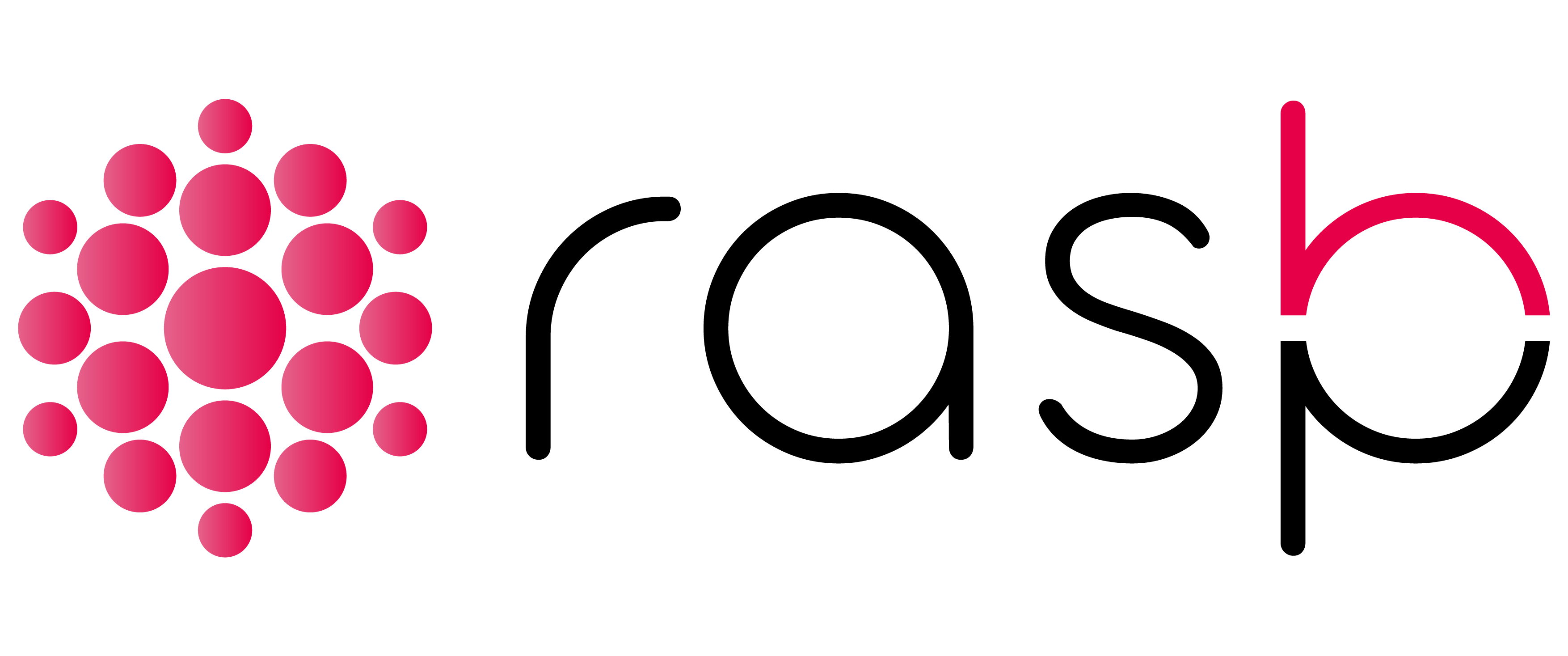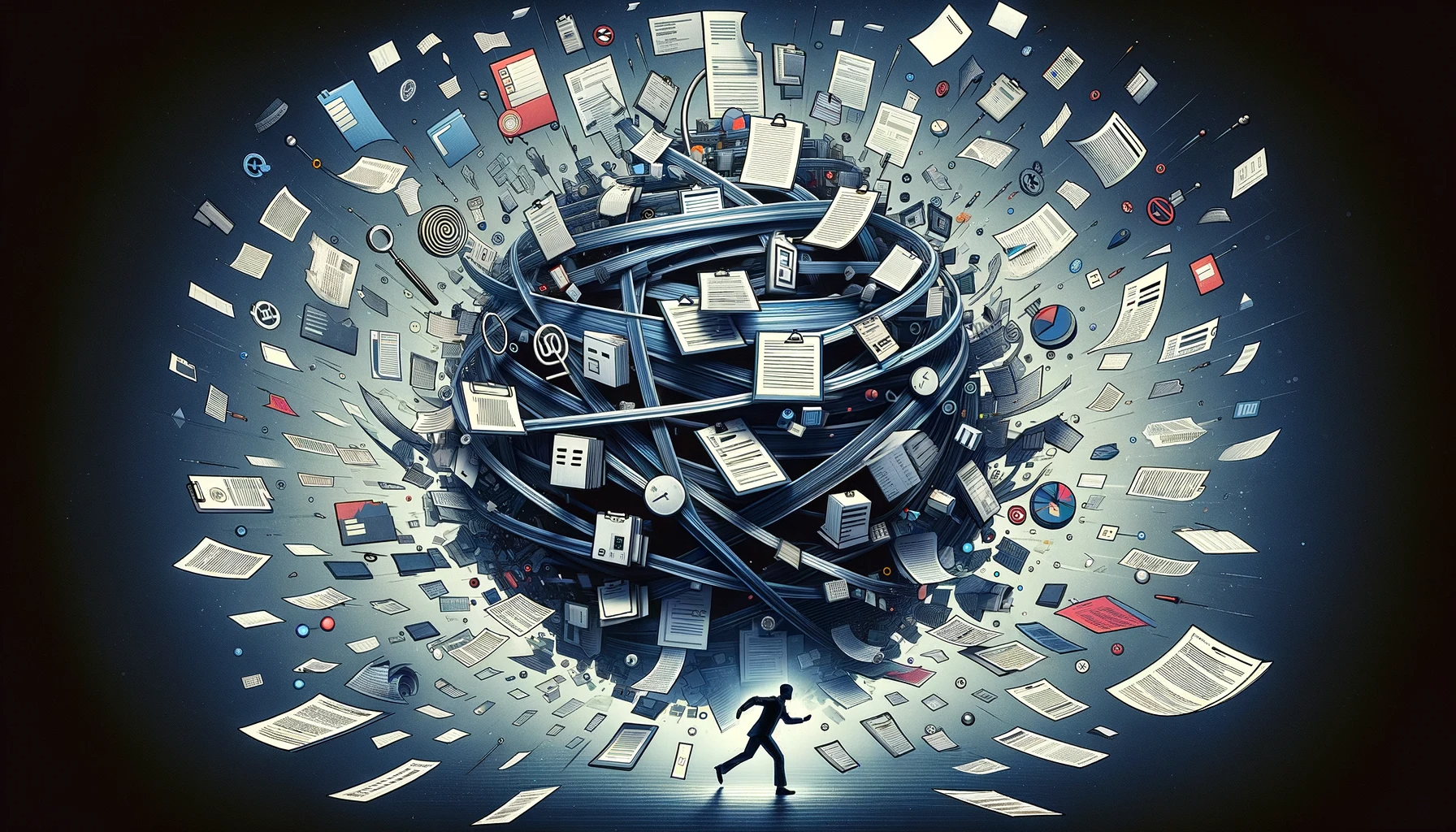Introduction
For startups and SMEs applying for various grant programs, such as the EIC Accelerator and others within the European Union (EU), the variance in templates and requirements can be a major source of workload and complexity. This article examines how these differences affect applicants and offers strategies to efficiently manage the diverse documentation demands.
Diverse Templates and Requirements: A Double-Edged Sword
- Increased Complexity: Different grant programs often have unique templates and specific requirements. This diversity can increase the complexity of the application process, as applicants must tailor their proposals to meet each program’s unique criteria.
- Time-Consuming Adaptations: Adapting applications to suit different templates and requirements is a time-consuming process. It requires a thorough understanding of each program’s guidelines and often necessitates significant revisions to existing documents.
- Risk of Errors: The need to constantly modify documents increases the risk of errors, such as overlooking program-specific details or failing to meet certain criteria, which can jeopardize the application’s success.
- Resource Drain: Small organizations, in particular, may find the high workload challenging due to limited staff and resources. This can lead to strained resources and affect other business operations.
Strategies for Efficient Document Management
- Create a Modular Application Framework: Develop a modular approach to your application documents. Create a core set of materials that can be easily adapted to different templates and requirements. This reduces the need to start from scratch for each application.
- Leverage Technology: Utilize document management tools and software that allow for easy editing, formatting, and version control. This can significantly reduce the time and effort required to adapt applications to different templates.
- Stay Organized and Plan Ahead: Maintain a well-organized system for tracking different grant programs’ requirements. Planning ahead and starting the adaptation process early can mitigate last-minute rushes and associated errors.
- Engage Expert Assistance: Consider hiring professional writers or consultants who specialize in EU grant applications. Their expertise in navigating diverse templates and requirements can alleviate the workload and improve the quality of applications.
- Continuous Learning and Improvement: Learn from each application process. Collect feedback and use it to refine your approach, making future adaptations more efficient and effective.
Conclusion
While the varying templates and requirements of different grant programs create a high workload for applicants, adopting a strategic approach can make this challenge manageable. By developing a flexible framework, leveraging technology, staying organized, seeking expert assistance, and continuously improving, startups and SMEs can navigate these complexities more effectively, enhancing their chances of success in securing grants.
About
The articles found on Rasph.com reflect the opinions of Rasph or its respective authors and in no way reflect opinions held by the European Commission (EC) or the European Innovation Council (EIC). The provided information aims to share perspectives that are valuable and can potentially inform applicants regarding grant funding schemes such as the EIC Accelerator, EIC Pathfinder, EIC Transition or related programs such as Innovate UK in the United Kingdom or the Small Business Innovation and Research grant (SBIR) in the United States.
The articles can also be a useful resource for other consultancies in the grant space as well as professional grant writers who are hired as freelancers or are part of a Small and Medium-sized Enterprise (SME). The EIC Accelerator is part of Horizon Europe (2021-2027) which has recently replaced the previous framework program Horizon 2020.
This article was written by ChatEIC. ChatEIC is an EIC Accelerator assistant that can advise on the writing of proposals, discuss current trends and create insightful articles on a variety of topics. The articles written by ChatEIC can contain inaccurate or outdated information.
- Contact Us -
EIC Accelerator Articles
All Eligible EIC Accelerator Countries (including the United Kingdom, Switzerland and Ukraine)
Explaining the Resubmission Process for the EIC Accelerator
A Short but Comprehensive Explanation of the EIC Accelerator
The EIC’s One-Stop Shop Funding Framework (Pathfinder, Transition, Accelerator)
Deciding Between EIC Pathfinder, Transition and Accelerator
A Winning Candidate for the EIC Accelerator
The Challenge with EIC Accelerator Open Calls: MedTech Innovations Dominate
Go Fund Yourself: Are EIC Accelerator Equity Investments Necessary? (Presenting Grant+)
Digging Deep: The New DeepTech Focus of the EIC Accelerator and its Funding Bottlenecks
Zombie Innovation: EIC Accelerator Funding for the Living Dead
Smack My Pitch Up: Changing The Evaluation Focus Of The EIC Accelerator
How Deep Is Your Tech? The European Innovation Council Impact Report (EIC Accelerator)
Analyzing A Leaked EIC Accelerator Interview List (Success Rates, Industries, Direct Submissions)
Steering the EIC Accelerator: Lessons Learned from the Pilot Program
Who Should Not Apply To The EIC Accelerator And Why
The Risk of Presenting all Risks in the High-Risk EIC Accelerator Program
How to Prepare an EIC Accelerator Resubmission
How to Prepare a Good EIC Accelerator Application: General Project Advice
How to Craft an EIC Accelerator Rebuttal: Explaining Grant Proposal Resubmissions

